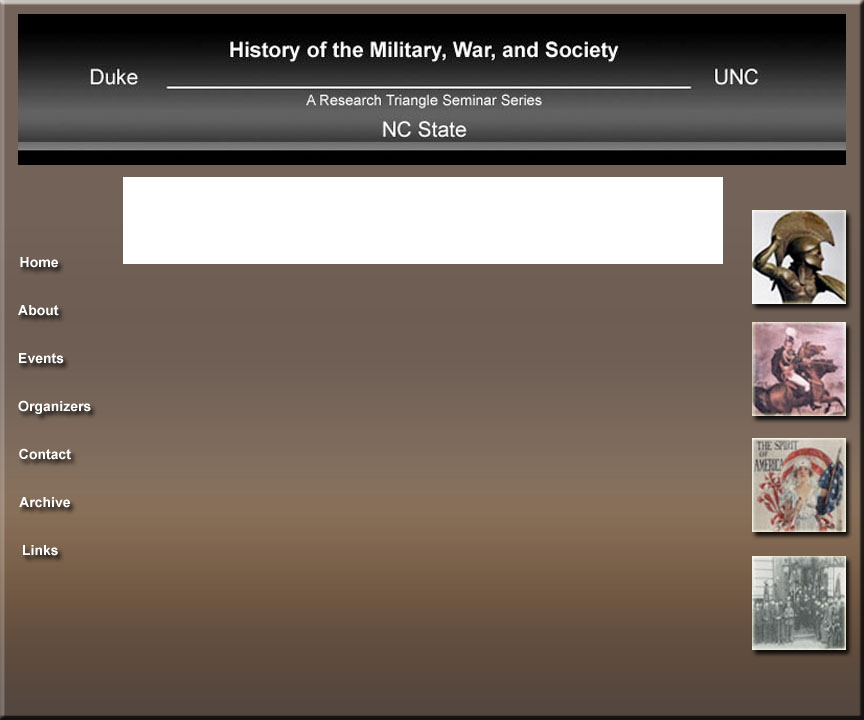
|
February 10, 2012 Elizabeth Shesko (Duke University) Life and Labor in the Bolivian Barracks: This paper examines the experiences of Bolivian soldiers in the barracks during the 1910s and 1920s, narrating military service as a formative time during which young men formed friendships, learned literacy skills, and displayed their manliness and bravery. However, the transition from an army based on impressment, where brutality served as a motivator, to one based on patriotic service was neither smooth nor easy, especially given the pervasive authoritarianism and racism that characterized Bolivia’s diverse and divided society. The paper shows how the ideal of citizen-soldiers’ learning to respect, serve, and defend their patria was often stymied by fiscal constraints and individual decision-making. Some conscripts thus received tattered uniforms, ate rotting food, and slept on the floor. They performed nonmartial labors in fields and on roadways in addition to (and sometimes to the detriment of) preparing for war and conserving order. And, ignoring regulations, individual officers profited from conscripts’ labor, fraternized with subordinates, and brutally punished soldiers. Despite these conditions, ideas about soldiers’ honor and rights spread as military service slowly became entrenched in the lives of particular families and communities. This was not a one-sided process, however: Officers, administrators, politicians, conscripts, and communities constantly negotiated the terms of service in the courts, press, congressional chambers, and even the barracks, contesting not only particular punishments, labors, or living conditions but also the very purpose of conscription. Elizabeth Shesko is a Ph.D. candidate in Latin American History at Duke University. She is currently completing her dissertation entitled “Conscripting the State: Indigeneity and Gendered Citizenship in the Bolivian Barracks, 1900-1964,” which analyzes the experience of obligatory military service and its profound effect on state formation, citizenship, and indigenous identity in Bolivia. Co-sponsored by the Triangle Institute for Security Studies |